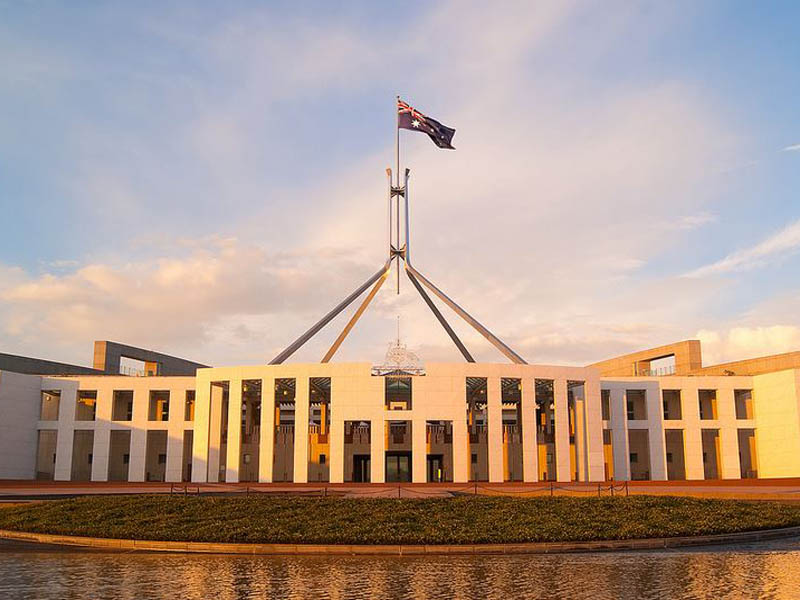Australia chief scientist Alan Finkel has proposed an agreed set of ethical standards for artificial intelligence be imposed on companies to protect consumers and the broader economy from nefarious practices.
“My proposal is a ‘trustmark’. Its working title is ‘the Turing Certificate’, in honour of Alan Turing,” Dr Finkel will tell a Committee for Economic Development of Australia forum in Sydney on Friday.
“Companies can apply for Turing certification, and if they meet the standards and comply with the auditing requirements, they can display the Turing Stamp.

“Then consumers and governments could use their purchasing power to reward and encourage ethical AI.”
Dr Finkel says the proposed stamp would be similar in operation to the Fairtrade logo operates with coffee, and would apply to both organisations and products.
“That logo tells you an independent auditor has verified that the farmers received a fair price, and the coffee was produced without using child or slave labour,” Dr Finkel says.
“And the Turing Certificate would do the same for ethical AI.”
Much like how the Fairtrade logo is a voluntary scheme, Dr Finkel foresees the AI standard would work in a similar way, saying a “mandatory certification would be cumbersome.”
“The voluntary Turing system would allow responsible companies to opt in,” he said.
“A voluntary system does not mean self-certification. It means that the companies would voluntarily submit themselves to an external process.”
Dr Finkel’s proposal comes as the federal budget allocated $30 million to the CSIRO and Data61 to support the development of the nation’s AI and machine learning capability, including a technology roadmap, a standards framework and a national AI ethics framework.
Dr Finkel described the allocation as a “promising first instalment”.
The Turing Certificate program would also address possible concerns around the cost of introducing this scheme, suggesting it should be covered by increases sales from customers prepared to pay a premium, such as the government.
“[The government] is a critical investor. Agencies are already building AI into staff recruitment,” he says.
“Others are exploring its potential in decision-making and service delivery. Those contracts are likely to be extremely valuable. So imagine if government demanded a Turing Stamp. It would send a powerful signal.”
Do you know more? Contact James Riley via Email.

